Treatments
Fertility treatments are medical interventions that allow couples and individuals to conceive or preserve their fertility for future reproduction. At the Fertility Institute, our treatments are designed to meet a variety of reproductive needs in order to support the family-building goals of all our patients.
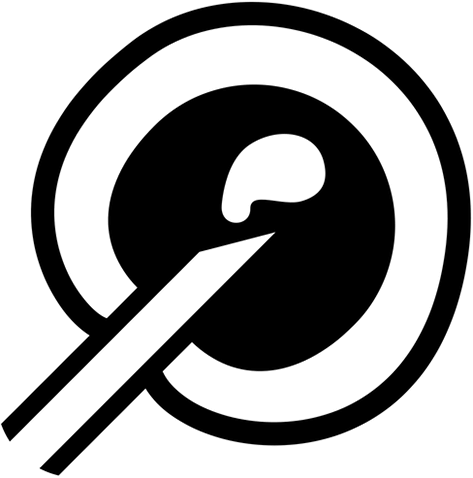
In Vitro Fertilization (IVF)
During the process of in vitro fertilization (IVF), you will be prescribed a series of medications that will stimulate your ovaries to increase egg production, allowing us to retrieve the eggs and fertilize them with sperm in our laboratory. We can then transfer the healthiest embryo into the uterus with the goal for it to successfully implant into the uterine wall and create a pregnancy. This reliable form of assisted reproduction can help infertile couples, LGBTQ+ couples, and single individuals have biological children.
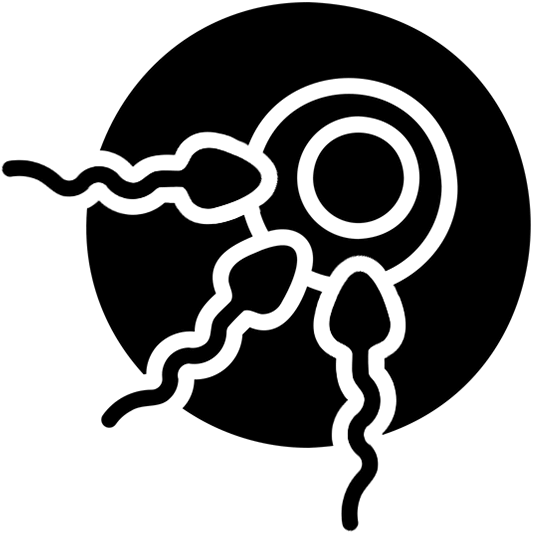
Intrauterine Insemination (IUI)
Intrauterine insemination (IUI) is a short, in-office procedure that involves inserting concentrated sperm into the cervix. This procedure gives sperm a more direct path to the fallopian tubes. By concentrating the sperm, our specialists can ensure that a healthy sample is used and has a higher chance of fertilization. IUI can be done with or without additional medications to enhance ovulation.
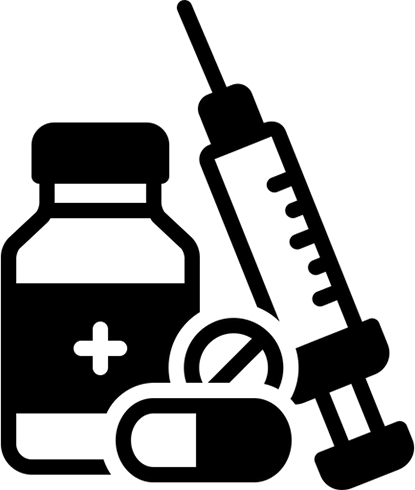
Ovulation Induction (OI)
To increase egg production during fertility treatments, our fertility specialists may induce ovulation through the process of ovulation induction (OI), which is achieved through a series of fertility medications based on your health. These medications are self-injected for around two weeks, and human chorionic gonadotropin (hCG) is then administered to release the eggs for extraction or fertilization.
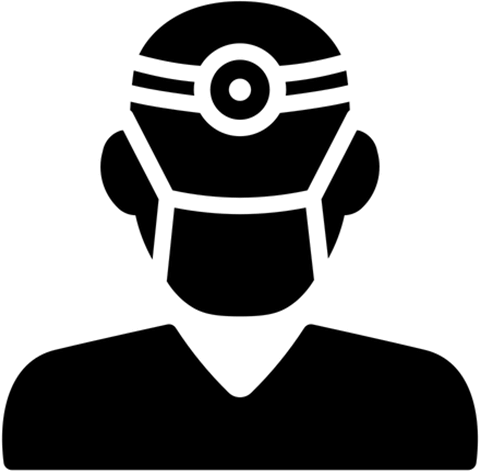
Fertility Surgery
Laparoscopy and hysteroscopy are minimally invasive fertility surgeries that can diagnose and treat infertility issues in women. Some conditions, such as endometriosis and uterine fibroids, can be addressed surgically to improve a woman’s ability to become pregnant.
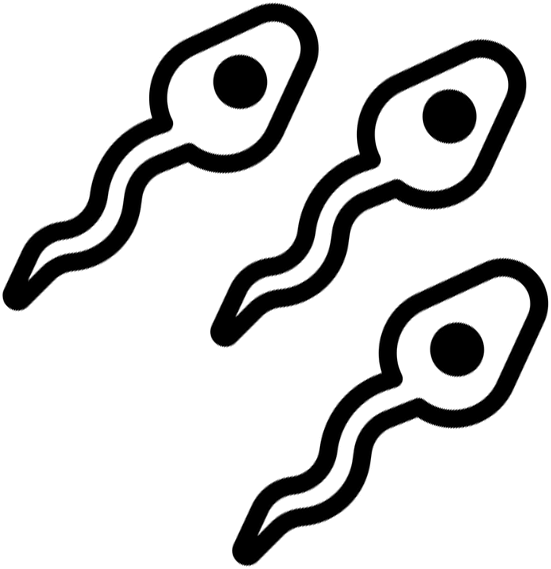
Male Infertility Treatments
If you or your partner experience male infertility factors, our fertility specialists can help treat you. Male infertility may include obstructions in the reproductive system, which can be treated with medications, lifestyle changes, or surgery. Our specialists can recommend the right testing and treatments to improve your fertility.
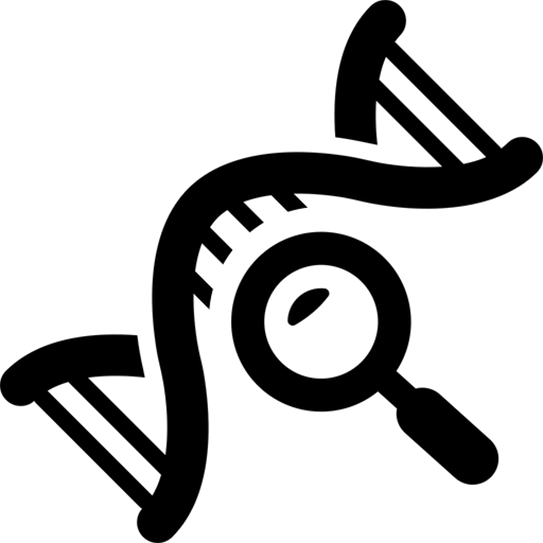
Preimplantation Genetic Testing & Counseling
Preimplantation genetic testing and counseling help us identify the chances of your children inheriting certain genetic disorders based on your DNA as well as screens embryos for chromosomal abnormalities that could prevent a healthy pregnancy. In counseling, we’ll review the testing procedure and create a family plan that is best for you. We’ll then administer PGT-Complete testing. This can include PGT-A testing, which tests embryos for chromosomal abnormalities, or PGT-M tests, which tests embryos for a specific genetic disorder if one or both partners are known to be carriers of a genetic disorder or disease. Our specialists are committed to empowering our patients to make informed decisions regarding their reproductive health.
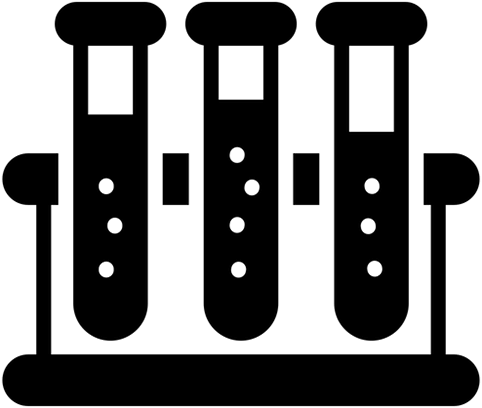
Infertility Testing
Infertility testing and diagnosis are important parts of your fertility journey. Understanding your fertility helps us create a customized treatment plan to help you grow your family. Your testing may include bloodwork, pelvic ultrasounds, and semen analysis to provide a clear evaluation of you and your partner’s fertility.

Need Help with Financing Your Treatment Plan?
We provide various financing options to help make your reproductive journey as affordable as possible. Learn more about the resources available to you.
